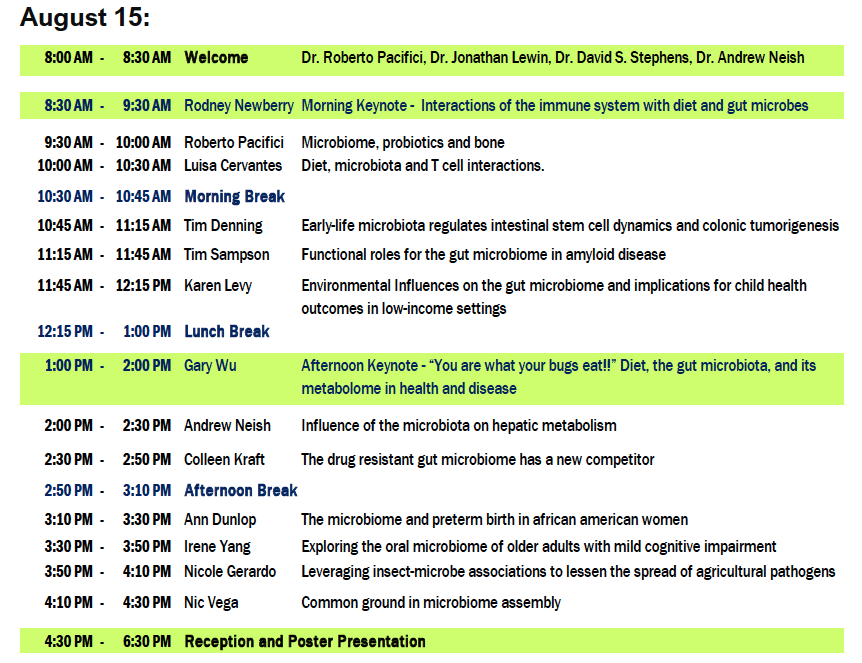While preparing to discuss Ebola virology with Emory infectious disease specialist Aneesh Mehta next week, we noticed two recent research papers on which he is a co-author. Both have to do with organ transplantation, since Mehta is Assistant Director of Transplant Infectious Diseases.
Fecal microbiota transplantation for refractory Clostridium difficile colitis in solid organ transplant recipients
Fecal transplant is gaining ground as a remedy for C. difficile-driven diarrheal infections, which can appear in patients whose normal intestinal bacteria are wiped out by antibiotics. Fecal transplant has not been widely studied in organ transplant recipients, who must take drugs to keep their immune systems from rejecting the transplanted organ, because of concerns about infectious disease complications. This paper describes two patients, one a lung transplant recipient and one a kidney transplant recipient, who received fecal transplants to resolve their C. difficile diarrhea without complications. The lead authors are infectious disease specialists Rachel Friedman-Moraco and Colleen Kraft. Kraft has been a pioneer in this area of research.
Renal transplantation using belatacept without maintenance steroids or calcineurin inhibitors
Medical school dean Chris Larsen and Emory Transplant Center executive director Tom Pearson (both co-authors) were key members on the team that developed belatacept, a FDA-approved drug since 2011. Belatacept was designed to get away from the cruel paradox where a kidney recipient, to prevent transplant rejection, has to take calcineurin inhibitor drugs that slowly poison the kidney and cardiovascular health. Belatacept inhibits the immune response by a different mechanism. Yet transplant specialists have generally been cautious in moving toward a regimen that relies on it.
As reported in this paper, Emory transplant doctors took off the training wheels, aiming to get to the point where kidney transplant recipients are taking a once-a-month infusion of belatacept only. With some patients, it was possible to reach that goal, but not all. In fact, as the authors describe, some patients chose not to try to wean themselves off the other drugs, and doctors advised against the attempt for a handful. This clinical trial was also notable because some transplant recipients received immune-educational cells from their organ donors in the form of bone marrow.
The lead author, former Emory Transplant Center scientific director Allan Kirk, moved to Duke this spring.





